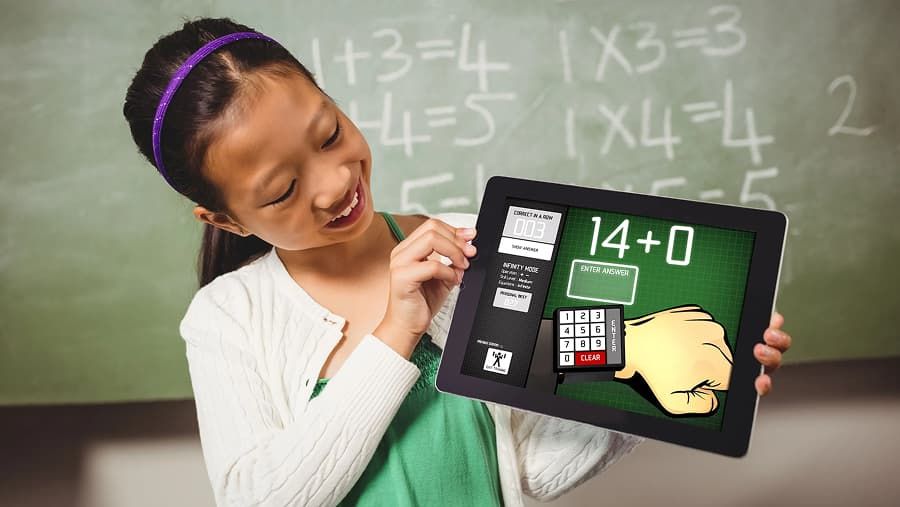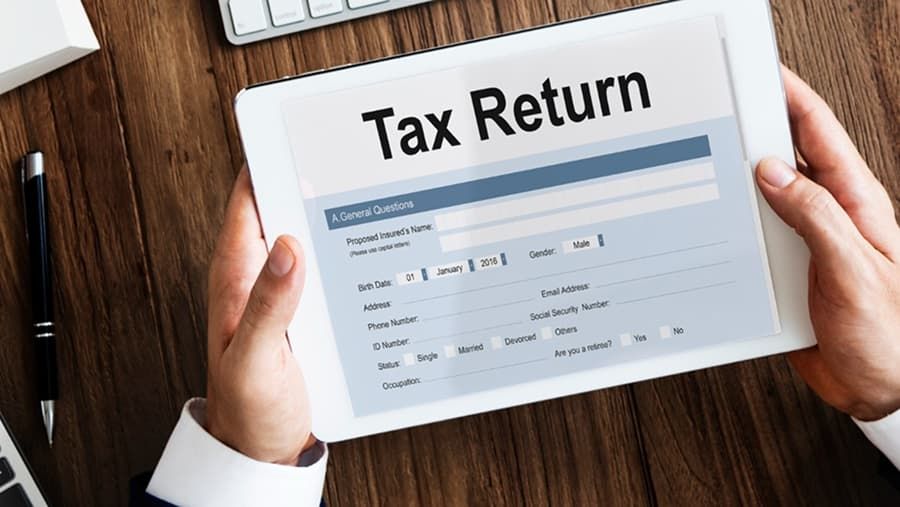Useful Study-enhancing Math Apps for Kids
Technology has become a necessity in education in this digital world, facilitating new learning experiences for kids and a new engagement with academic concepts. Math apps can help students find math to be more accessible and fun. Here are the best math apps for kids.

Why Learning Math with Apps Works for Kids
The traditional approach to math focuses on the hammering of drills and strict memorization that can lead to students losing interest. Math apps have many benefits, including:
1. Interactivity: Many apps use games, puzzles, and animations to make abstract math concepts tangible.
2. Personalized Learning: Adaptive algorithms tailor the difficulty and trajectory of a child's learning, pacing it well so they are neither bored nor overwhelmed.
3. Immediate Correction: Real-time correction and encouragement help the kids reinforce the positive learning habits.
4. Gamification for Engagement: Using rewards and badges and leaderboards, children are motivated to practice on a regular basis.
Top Math Apps for Kids
1. Prodigy Math Game
Best for: Grades 1-8
Key Features:
- Game-like fantasy mathematics with math problems to get ahead.
- Hard aligned with the school curricula, including arithmetic, geometry and algebra.
- Free, but with premium upsells.
- Prodigy's role-playing format keeps kids entertained, while quests and battles reinforce key math skills.
2. Khan Academy Kids
Best for: Ages 2-8
Key Features:
- Universal free early learning program.
- Includes counting, shapes, and basic math with interactive stories and games.
- Ads and in-app purchases are not available in the kids version.
- Through playful, story-driven activities, Khan Academy Kids builds a solid foundation in math.
3. SplashLearn
Best for: Grades K-5
Key Features:
- 4,000+ math games & worksheets.
- Includes addition, subtraction, fractions, decimals, etc.
- Parents and teachers can track progress.
- Kids can practice math with SplashLearn's colorful interface and reward system.
4. DragonBox Series
Best for: Ages 4-12
Key Features:
- Intuitive games teach algebra and geometry.
- No prior math knowledge needed, kids learn by exploring.
- Apps for all skill levels (Numbers, Algebra, Geometry).
- DragonBox apps are wonderful for logical thinking and problem-solving.
5. Moose Math by Duck Duck Moose
Best for: Ages 3-7
Key Features:
- Examples include counting, addition, subtraction, and sorting.
- Some mini-games in a cool, animated world.
- Is aligned with Common Core.
- Moose Math teaches early math concepts through playful interactions.
6. Mathletics
Best for: Grades K-12
Key Features:
- Real-time math battles with other users across the world.
- Formal curriculum activities.
- Comprehensive progress reports to parents and teachers.
- For older kids who love a challenge, in Mathletics kids compete while they learn.
7. Bedtime Math
Best for: Ages 3-9
Key Features:
- Then we have a daily math question in the form of fun, real-world scenarios.
- This can foster family involvement.
- Downloadable as an app and available in book form.
- The app helps to blend math into everyday life, developing a positive approach to the subject.
Using math apps is a new way to get a fun and engaging learning experience. These apps teach children to understand mathematics through fun initiatives that establish confidence and ability through the process of their digital play. Whether that's through adventure-based challenges a Prodigy or exploratory learning with DragonBox, there's a math app for everybody. Parents and educators should take advantage of these tools and use them to encourage a love for math and help put kids on the path to long-term academic success.









